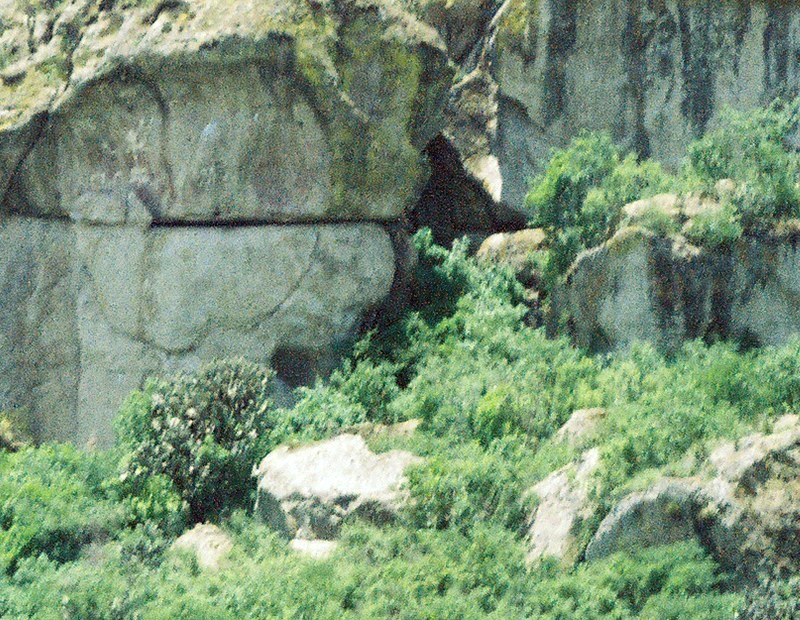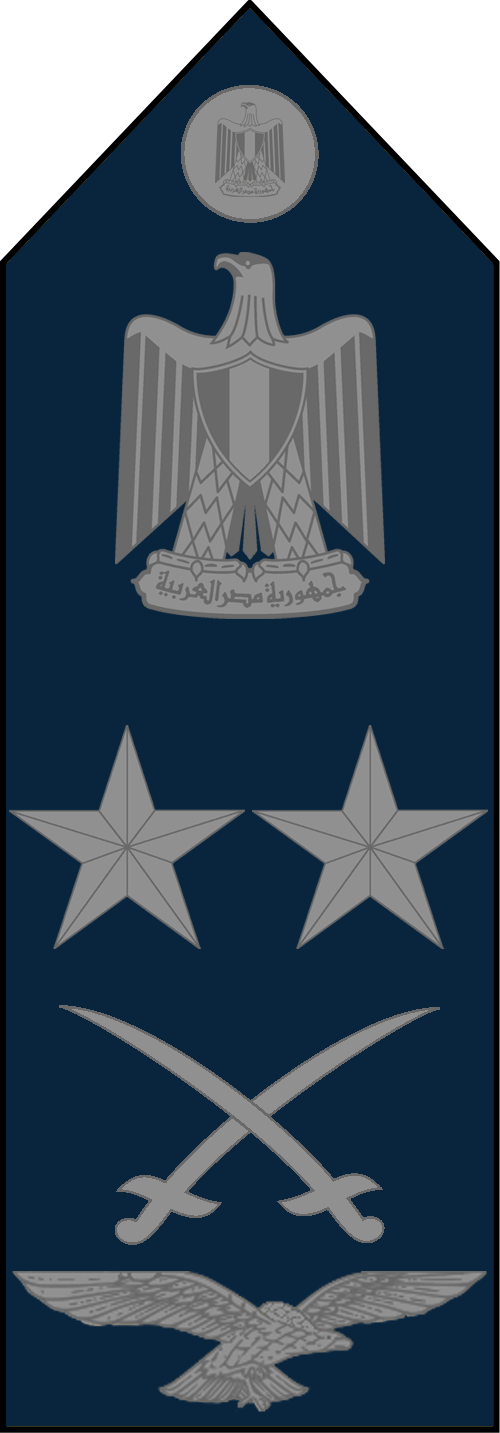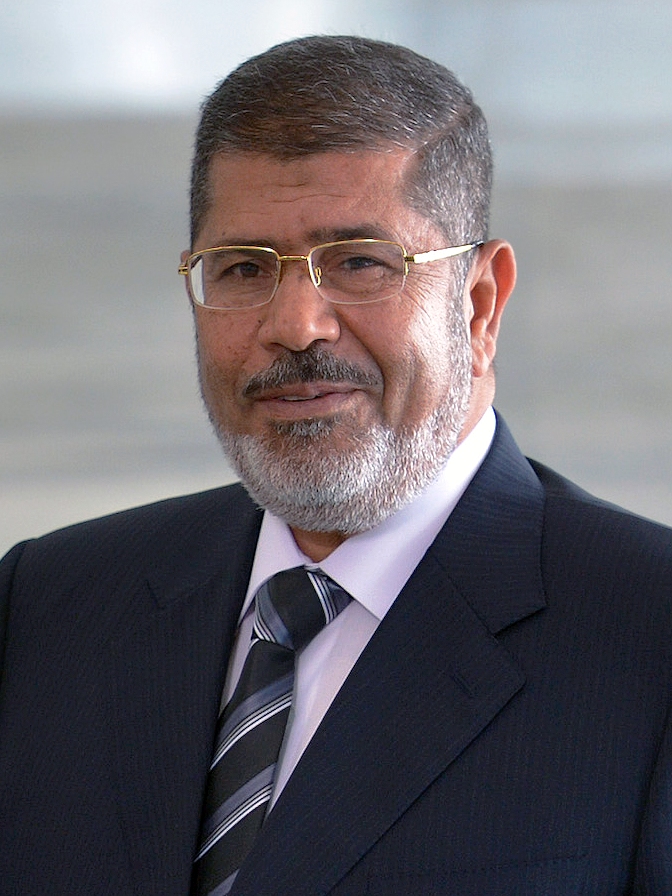|
Monufia Governorate
Monufia Governorate ( ar, محافظة المنوفية ' ) is one of the governorates of Egypt. It is located in the northern part of the country in the Nile Delta, to the south of Gharbia Governorate and to the north of Cairo. The governorate is named after Menouf, an ancient city which was the capital of the governorate until 1826. The current governor (as of 2018) is Said Mohammed Mohammed Abbas. Municipal divisions The governorate is divided into municipal divisions, with a total estimated population as of July 2017 of 4,319,082. In some instances there is a markaz and a kism with the same name. Population According to population estimates in 2015, the majority of residents in the governorate lived in rural areas, with an urbanization rate of only 20.6%. Out of an estimated 3,941,293 people residing in the governorate, 3,128,460 people lived in rural areas as opposed to only 812,833 in urban areas. Cities The capital of the Monufia Governorate is the city of Shibin El ... [...More Info...] [...Related Items...] OR: [Wikipedia] [Google] [Baidu] |
Governorates Of Egypt
Egypt has a centralised system of local government officially called local administration as it is a branch of the Executive. The country is divided into twenty-seven governorates ( '; ; genitive case: ; plural: '), the top tier of local administration. A governorate is administered by a governor, who is appointed by the President of Egypt and serves at the president's discretion. Governors have the civilian rank of minister and report directly to the prime minister, who chairs the Board of Governors ''(majlis al-muhafzin)'' and meets with them on a regular basis. The Minister of Local Development coordinates the governors and their governorate's budgets. Overview Egypt generally has four tiers of local administration units: governorates, cities, counties ''(marakiz)'', districts (subdivisions of cities) and villages (subdivisions of counties). There is a tier between the national government and the governorates termed Economic Regions, though it does not have any ad ... [...More Info...] [...Related Items...] OR: [Wikipedia] [Google] [Baidu] |
Tala, Egypt
Tala, sometimes also transliterated Talla ( ar, تلا, from ), is a city in the northern part of Monufia Governorate, Egypt. The 1885 Census of Egypt recorded Tala as a city in its own district in Monufia Governorate; at that time, the population of the city was 9,653 (4,784 men and 4,869 women). The village of Kafr Zarqan accounts for over 1,500 of these residents, according to the 2006 census. See also * List of cities and towns in Egypt * Kafr Zarqan Kafr Zurqan () is a village in the Tala Markaz in Monufia Governorate in Egypt. It is located next to the village of Mit Abu El Kom, where former President Anwar Sadat Muhammad Anwar el-Sadat, (25 December 1918 – 6 October 1981) was ... References Populated places in Monufia Governorate {{egypt-geo-stub ... [...More Info...] [...Related Items...] OR: [Wikipedia] [Google] [Baidu] |
Maize
Maize ( ; ''Zea mays'' subsp. ''mays'', from es, maíz after tnq, mahiz), also known as corn ( North American and Australian English), is a cereal grain first domesticated by indigenous peoples in southern Mexico about 10,000 years ago. The leafy stalk of the plant produces pollen inflorescences (or "tassels") and separate ovuliferous inflorescences called ears that when fertilized yield kernels or seeds, which are fruits. The term ''maize'' is preferred in formal, scientific, and international usage as a common name because it refers specifically to this one grain, unlike ''corn'', which has a complex variety of meanings that vary by context and geographic region. Maize has become a staple food in many parts of the world, with the total production of maize surpassing that of wheat or rice. In addition to being consumed directly by humans (often in the form of masa), maize is also used for corn ethanol, animal feed and other maize products, such as corn starch a ... [...More Info...] [...Related Items...] OR: [Wikipedia] [Google] [Baidu] |
Cotton
Cotton is a soft, fluffy staple fiber that grows in a boll, or protective case, around the seeds of the cotton plants of the genus '' Gossypium'' in the mallow family Malvaceae. The fiber is almost pure cellulose, and can contain minor percentages of waxes, fats, pectins, and water. Under natural conditions, the cotton bolls will increase the dispersal of the seeds. The plant is a shrub native to tropical and subtropical regions around the world, including the Americas, Africa, Egypt and India. The greatest diversity of wild cotton species is found in Mexico, followed by Australia and Africa. Cotton was independently domesticated in the Old and New Worlds. The fiber is most often spun into yarn or thread and used to make a soft, breathable, and durable textile. The use of cotton for fabric is known to date to prehistoric times; fragments of cotton fabric dated to the fifth millennium BC have been found in the Indus Valley civilization, as well as fabric remnants date ... [...More Info...] [...Related Items...] OR: [Wikipedia] [Google] [Baidu] |
Ahmed Shafik
Ahmed Mohamed Shafik ZakiAlso spelled: ''Shafiq''. ( ar, أحمد محمد شفيق زكى, ; born 25 November 1941) is an Egyptian politician and former presidential candidate. He was a senior commander in the Egyptian Air Force and later served as Prime Minister of Egypt from 29 January 2011 to 3 March 2011 under Hosni Mubarak. After a career as a fighter pilot, and squadron, wing and group commander, Shafik was the Commander of the Egyptian Air Force from 1996 to 2002, reaching the rank of air marshal. Thereafter he served in the government as Minister of Civil Aviation from 2002 to 2011. He was appointed as prime minister by President Hosni Mubarak on 29 January 2011 in response to the 2011 Egyptian Revolution, making him the last prime minister to serve as part of Mubarak's administration. He remained in office for only one month, resigning on 3 March 2011, one day after a contentious talk show confrontation in which Alaa Al Aswany, a prominent Egyptian novelist, accuse ... [...More Info...] [...Related Items...] OR: [Wikipedia] [Google] [Baidu] |
2012 Egyptian Presidential Election
Presidential elections were held in Egypt in 2012, with the first round on 23 and 24 May 2012 and the second on 16 and 17 June. The 2012 Egyptian Presidential election was the first democratic presidential election of Egypt’s history. The Muslim Brotherhood declared early 18 June 2012, that its candidate, Mohamed Morsi, won Egypt's presidential election, which would be the first victory of an Islamist as head of state in the Arab world. It was the second presidential election in Egypt's history with more than one candidate, following the 2005 election, and the first presidential election after the 2011 Egyptian revolution which ousted president Hosni Mubarak, during the Arab Spring. However, Morsi's presidency was brief and short-lived, and he later faced massive protests for and against his rule, only to be ousted in a military coup in July that year. In the first round, with a voter turnout of 46%, the results were split between five major candidates: Mohamed Morsi (25%), A ... [...More Info...] [...Related Items...] OR: [Wikipedia] [Google] [Baidu] |
Tanta
Tanta ( ar, طنطا ' , ) is a city in Egypt with the country's fifth largest populated area and 658,798 inhabitants as of 2018. Tanta is located between Cairo and Alexandria: north of Cairo and southeast of Alexandria. The capital of Gharbia Governorate, it is a center for the cotton gin, cotton-ginning industry. One of the major railway lines goes through Tanta. Annual festivals are held in Tanta for one week beginning on 11 October celebrating the birthday of Ahmad al-Badawi, a revered Sufism, Sufi figure of the 13th century, who founded the Badawiyya Tariqa in Egypt and is buried in Ahmad Al-Badawi Mosque, the main mosque of Tanta. Tanta is known for its ''Egyptian cuisine#Desserts, sweet'' shops and roasted chickpeas. Overview The older name of the city is Tandata () which comes from its Coptic name. With its large cotton plantations, in 1856, Tanta became a stop on the railway network, primarily for the benefit of exporting its cotton to European markets. The area ar ... [...More Info...] [...Related Items...] OR: [Wikipedia] [Google] [Baidu] |
Muhammad Ali Of Egypt
Muhammad Ali Pasha al-Mas'ud ibn Agha, also known as Muhammad Ali of Egypt and the Sudan ( sq, Mehmet Ali Pasha, ar, محمد علي باشا, ; ota, محمد علی پاشا المسعود بن آغا; ; 4 March 1769 – 2 August 1849), was the Albanian Ottoman governor and de facto ruler of Egypt from 1805 to 1848, considered the founder of modern Egypt. At the height of his rule, he controlled all of Egypt, Sudan, Hejaz and the Levant. He was a military commander in an Albanian Ottoman force sent to recover Egypt from a French occupation under Napoleon. Following Napoleon's withdrawal, Muhammad Ali rose to power through a series of political maneuvers, and in 1805 he was named '' Wāli'' (viceroy) of Egypt and gained the rank of Pasha. As '' Wāli'', Muhammad Ali attempted to modernize Egypt by instituting dramatic reforms in the military, economic and cultural spheres. He also initiated a violent purge of the Mamluks, consolidating his rule and permanently ending t ... [...More Info...] [...Related Items...] OR: [Wikipedia] [Google] [Baidu] |
Industrial Zoning
Zoning is a method of urban planning in which a municipality or other tier of government divides land into areas called zones, each of which has a set of regulations for new development that differs from other zones. Zones may be defined for a single use (e.g. residential, industrial), they may combine several compatible activities by use, or in the case of form-based zoning, the differing regulations may govern the density, size and shape of allowed buildings whatever their use. The planning rules for each zone determine whether planning permission for a given development may be granted. Zoning may specify a variety of outright and conditional uses of land. It may indicate the size and dimensions of lots that land may be subdivided into, or the form and scale of buildings. These guidelines are set in order to guide urban growth and development. Zoning is the most common regulatory urban planning method used by local governments in developed countries. Exceptions include the U ... [...More Info...] [...Related Items...] OR: [Wikipedia] [Google] [Baidu] |
Ministry Of Investment And International Cooperation
The Ministry of Investment and International Cooperation is the ministry in charge of economic cooperation and development between the Arab Republic of Egypt and the Arab States, foreign countries, and international and regional organizations. It also aids in economic and social development within Egypt. Its headquarters are located in Cairo. Profile The Ministry of International Cooperation was merged with the Ministry of Investment in September 2017. It is active in developing financial inclusion policy and is a member of the Alliance for Financial Inclusion. In late 2016, the ministry talked of receiving 120 million euros from the European Union for services to help the economically disadvantaged, for example, to expand the number of children receiving school meals, to aid families running small businesses, and to assist youth with employment skills. Milestones On 2 August 2017, the Minister, Sahar Nasar, reported that foreign investment in Egypt would exceed $10 Billion (US d ... [...More Info...] [...Related Items...] OR: [Wikipedia] [Google] [Baidu] |
Shanawan
Shanawan ( ar, شنوان) is one of the biggest villages in Monufia Governorate, Egypt. It is in the middle between Shibin El Kom Shibin El Kom ( ar, شبين الكوم , colloquially shortened to ''Shibin'') is a city in Egypt's Nile Delta, and the capital of the Monufia Governorate. Etymology The city was previously known as Shaybin as-Ssarya () the first part of wh ... City and Al-Baghor City. Shanawan is famous for vegetable products. It is marked by the taro (AlQulqas). The biggest families in Shanawan are Sherif, Eissa, El-Gazzar, Al-Naggar, Elnemr, Al-Bambi, Al-Khaiyat, Abou Hashhash, Abdou, Zaied, Abd El Bary and Abou-Elsoud. References Populated places in Monufia Governorate {{egypt-geo-stub ... [...More Info...] [...Related Items...] OR: [Wikipedia] [Google] [Baidu] |
Shuhada, Egypt
Shuhada ( ar, الشهداء) is a city and corresponding markaz in Monufia Governorate, Egypt. As of 2019, its estimated population is 358,486, with 72,895 people living in urban areas and 285,591 living in rural areas. Name and history The name "''al-shuhada''" means "the martyrs", referring to the presence of the shrines of martyrs of the Islamic conquest of Egypt. The most prominent of these is the shrine of Sidi Shibl, said to be the son of the Companion Fadl ibn al-Abbas. Other tombs of martyrs are located in the same complex, including one called "Sidi al-Arba'in", or "the holy forty", as well as the "Sab'a banat", or "seven girls", traditionally held to be Sidi Shibl's seven sisters. Sidi Shibl's shrine is one of the most important pilgrimage destinations in the Nile Delta. It takes place one week before the mawlid of Ahmad al-Badawi in Tanta. Nothing is known of Shuhada before the end of the Mamluk period. It had emerged as a local religious site by 916 AH (1510-11 CE), ... [...More Info...] [...Related Items...] OR: [Wikipedia] [Google] [Baidu] |







